Introduction
An ethical dilemma is a complex issue that implies finding a solution that would maximize a positive outcome for both sides of the moral conflict. The purpose of this presentation is to dwell on the ongoing ethical crisis of Purdue Pharma and its most recognized pharmaceutical product, OxyContin. The presentation will tackle such aspects as the company’s background, the facts of the ethical dilemma, the evaluation of the implied ethical framework, alternative ethical solutions, and the dilemma’s impact on businesses’ corporate social responsibility. The findings of this analysis are expected to provide insights into ethical business conduct and the repercussions of an ethical violation.
Company Profile
Founded in the 19th century, Purdue Pharma is now one of the most notorious pharmaceutical companies in the US. The company was initially created as a researcher, manufacturer, and marketer of analgesia and health solutions. Purdue Pharma is an umbrella company for more than five subsidiary companies that specialize in biological research, medicine manufacturing, and mass distribution across medical vendors. According to the company’s website, its fundamental goal is to provide consumers with the best and most harmless medical solutions for pain management.
Industry Overview
For decades, Purdue Pharma has been a leading analgesia producer in the industry, claiming a total of nearly $30 billion of net worth (Au-Yeung, 2020). Such recognition was caused by the company’s introduction of OxyContin, an opioid painkiller medicine created to manage moderate and severe pain. At the time, using opioids to manage pain was frowned upon due to the high risks of addiction, but the sales team of OxyContin reassured them that their solution had less than a 1% chance of addiction (Hughes et al., 2019). According to Zhang and Guth (2021), when the drug entered the market of morphine equivalents, its market share was as high as 20%. Hence, Purdue Pharma took the responsibility of revolutionizing, if not redesigning, the pain management industry.
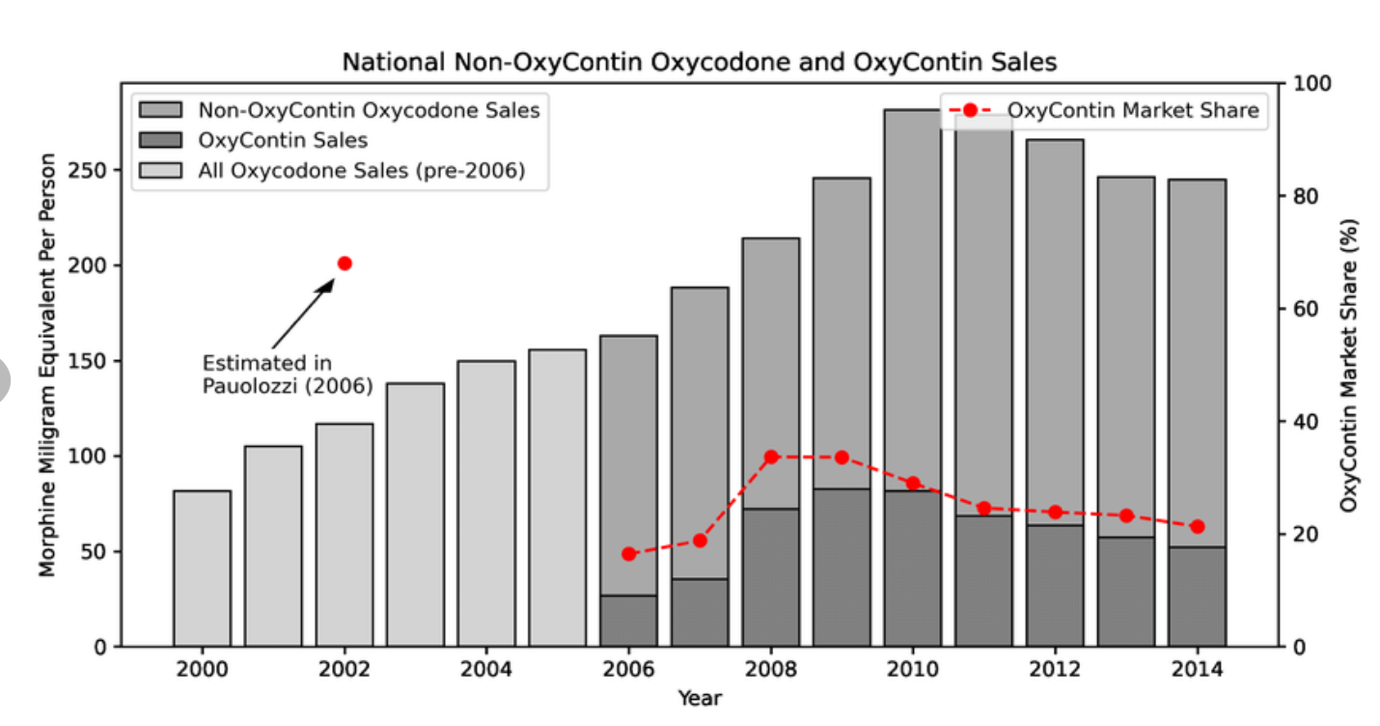
Ethical Dilemma
Factual Background
OxyContin was first nationally recognized in 1995 when the medication received the approval of the Food and Drug Administration (FDA). Then, opioid-based oxycodone could be bought by the patients without a physician’s prescription (Alpert et al., 2022). In order to gain marketing success, the sales team of OxyContin created a full-scale aggressive campaign aimed at medical practitioners. The fundamental message of the campaign was the innovative solution to pain management that “utilizes a high concentration of the active ingredient to provide 12 hours of continuous pain relief” (Alpert et al., 2022, p. 1140). Hughes et al. (2019) suggest that the campaign was an example of “McDonaldization,” or a marketing model that focuses on control and predictability to guarantee leverage and profit. After pitching the idea to practitioners, OxyContin soon became one of the most widely used painkillers in the US.
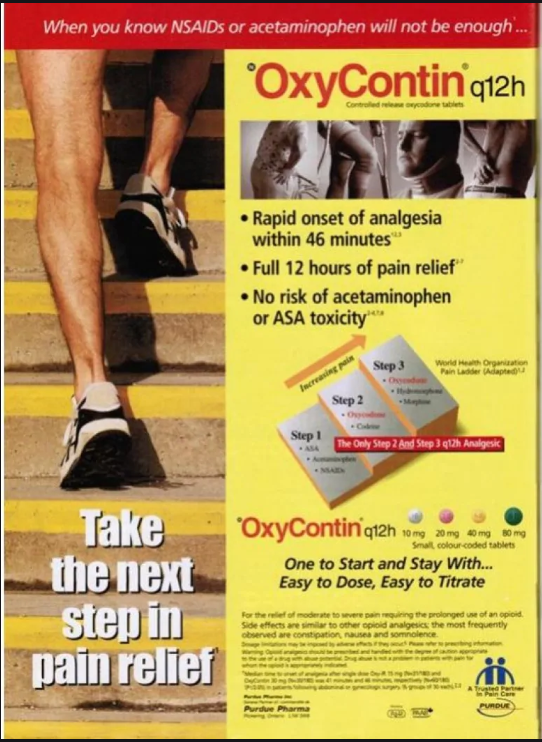
However, it became evident during the first years after OxyContin’s introduction that the popular claims about the drug shared by Purdue Pharma marketers were false. First, the dependence predisposition to medication was much higher than 1%, as people quickly became addicted to the drug and required higher dosages to tolerate the pain. Moreover, according to Alpert et al. (2022), “crushing or dissolving the pill allowed users to access the high dosage of oxycodone all at once, producing an intense high” (p. 1140). Such easy access to opioids resulted in the full-scale opioid pandemic, leading to thousands of deaths caused by overdose annually. Although the medical community and the federal government recognized that problem and promptly limited access to OxyContin, millions of people were still addicted to opioids, whereas the company continued to manufacture OxyContin and generate high profits for the company. The situation changed drastically in 2019 when 49 US states accused Purdue Pharma of contributing to the opioid epidemic. As a result, the company pled guilty to all charges, settled for financial reparations, and eventually declared bankruptcy to be reorganized as a public company.
Overview
It can be concluded from the evidence above that Purdue Pharma is guilty of creating deceptive marketing that misled millions of people and tricked them into taking a highly addictive and dangerous substance. At the time, the company was not interested in complying with its mission of helping people and focused on the unjust generation of profit. Undeniably, the introduction of OxyContin is not the sole reason for the epidemic as the US knows it today, but the company’s contribution is substantial. As a result, Purdue Pharma is now faced with an ethical dilemma of how it can address the consequences of the crisis without losing its face and national reputation.
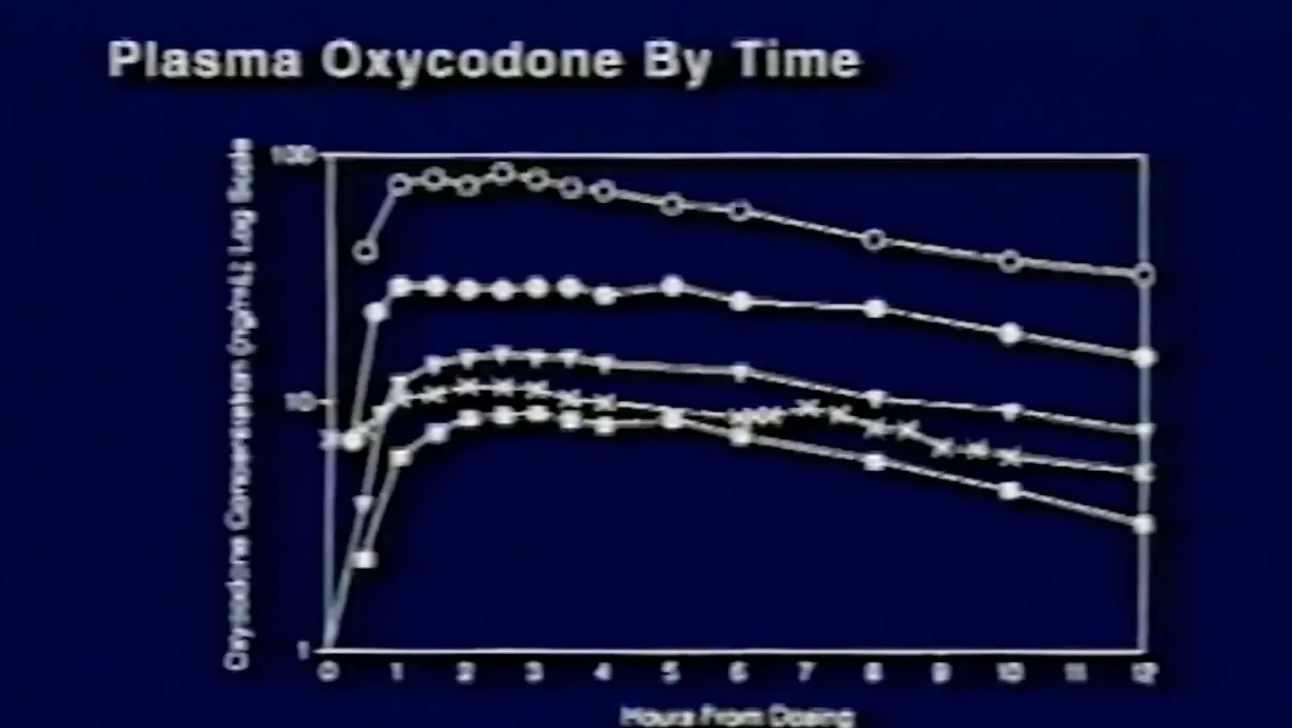
Ethical dilemma: Existing ethical framework
Considering the behavior of Purdue Pharma’s management both during the product introduction and its dramatic outcomes, one can note the pattern of ignorance and selfishness. Indeed, when creating a deceptive marketing campaign, the company’s employees were driven by self-interest and personal gains rather than a moral obligation to keep the people safe. Hence, the ethical framework pursued by the company was one of ethical egoism or the ethics of self-interest. This domain emphasizes the fulfillment of personal interests as a consequential contribution to the common good, implying that if everyone did what was best for them, society as a whole could be a better place. However, in the case of Purdue Pharma, the intention was never to help people, as marketers themselves were aware of the disastrous aftermath of their actions. Hence, the ignorance and neglect of the community good were driven by the fundamental desire to satisfy a personal need for wealth and recognition.
Alternative Ethical Background
Instead of following the consequentialist approach of calculating the social and personal benefit, the company should have recognized its moral duties as a driving force for decision-making. The notion of deontology or duty-based ethics is widely associated with Immanuel Kant, and it implies that in order to make morally justifiable decisions, one shall make universally justifiable actions (Singh & Mishra, 2018). Deontology condemns deception because it can never be universally justified (Chen, 2019). Thus, an ethically viable option for the company would be to create a just marketing campaign in the first place. When speaking of dealing with the consequences, the deontological approach would be to recognize the duty to mitigate the harmful impact instead of pleading guilty after federal and social pressure.
How to Avoid It in the Future?
The mistake made by Purdue Pharma has led to severe financial and reputational damage for the company. Currently, the money made from the OxyContin profit is allocated to the fight against the opioid crisis. However, the human damage of this situation is already irreparable. In order to avoid these mistakes in the future, the company should create an explicit ethical vision that ensures minimum harm to every stakeholder. Undeniably, some business strategies deceive their consumers through marketing by making the product more valuable than it is in real life. However, the difference between deception and marketing is that the latter still presents value to the customer. Hence, it is of paramount importance for Purdue Pharma to make customers their priority and assess the impact on stakeholders prior to launching any product.
Purdue Pharma’s Code of Ethics
Today, Purdue Pharma has a Code of Ethics and an extensive list of policies and guidelines that oversee the company’s operations and values. The fundamental behaviors of the company explicitly stated that when there is a choice between what is easy and what is right, the latter should always be favored (Purdue Pharma, 2022). Whether it is unclear whether the company followed the same ethical principles twenty years ago, it is evident that it has already managed to violate its standards of integrity and commitment. Currently, one should hope that the existing Code of Ethics will no longer be violated.
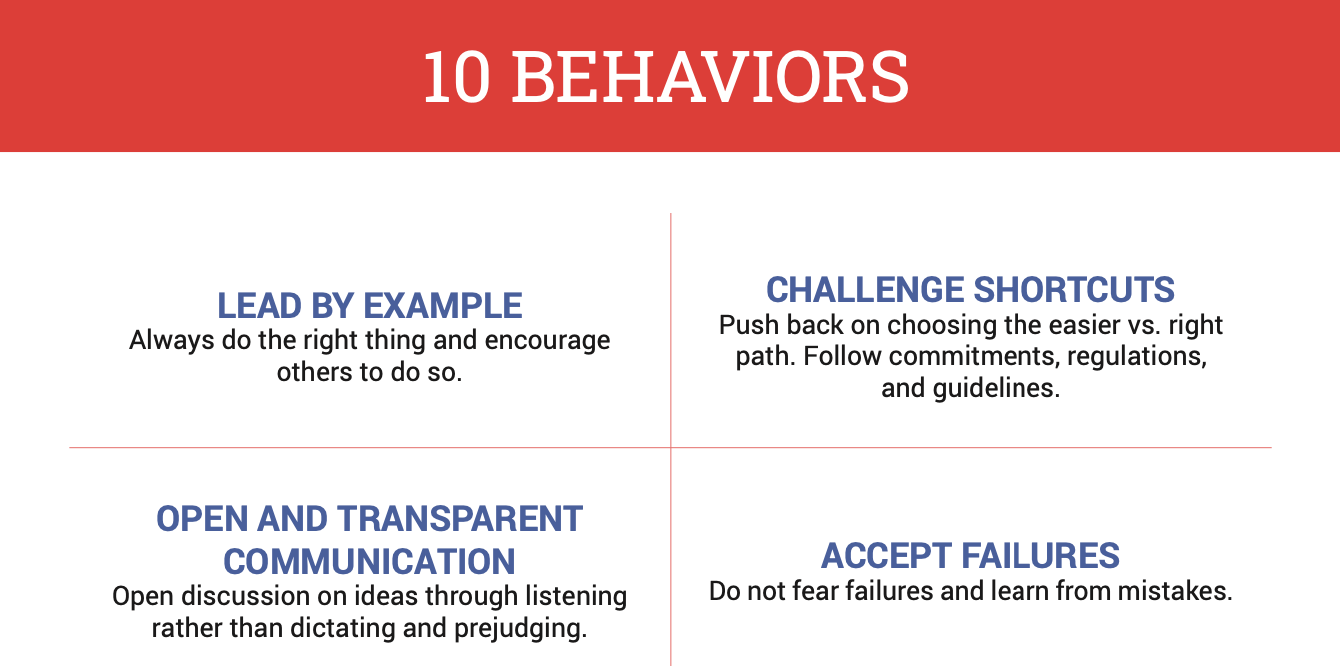
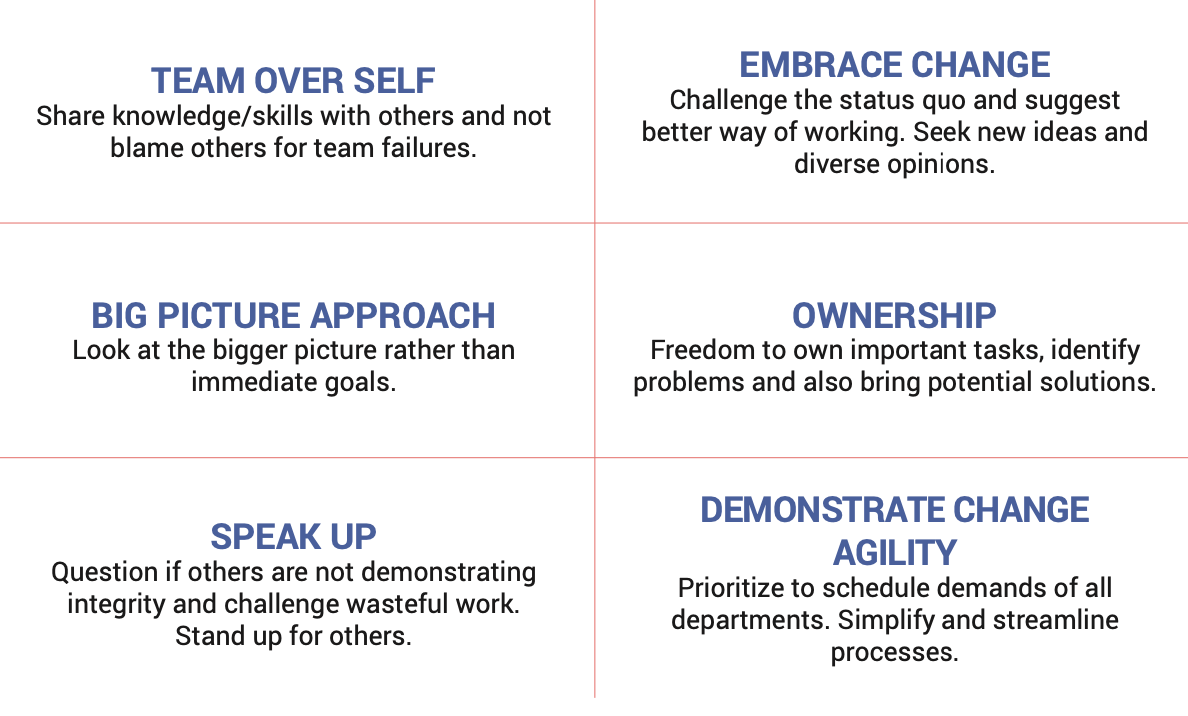
Lessons for Company Leaders
Company leadership is one of the fundamentals of a company’s success. Hence, if a leader portrays integrity and morality in the workplace and daily operations, there is a higher chance of benefit for the community. It is evident from the example of Purdue Pharma and the Sackler family that an explicit commitment to morally wrong actions takes a toll on every stakeholder involved. For this reason, it is necessary for the leader to develop a tangible model of ethical decision-making at every stage of business operations while setting a personal example. Otherwise, the absence of integrity puts the company at risk of falling into Purdue Pharma’s patterns of losing its reputation and causing irreparable harm to the community.
Conclusion
This presentation focused on the in-depth exploration of an ethical dilemma faced by Purdue Pharma: can a company allow itself to neglect ethics for the purpose of self-interest? The discussion demonstrates that while every business exists to generate profit, there is no place for cruelty and deception. Purdue Pharma’s experience indicates that egoistic goals, although financially successful in the short term, can eventually destroy the company. The alternative solution to egoism is the recognition of one’s moral duty as a driving factor for business actions. Hence, every company needs to adhere to an ethical framework to avoid irreversible consequences. Further analysis can focus on innovative ways to incorporate deontology into business operations.
References
About Purdue Pharma L. D.(n.d.). Purdue.
Alpert, A., Evans, W. N., Lieber, E. M., & Powell, D. (2022). Origins of the opioid crisis and its enduring impacts.The Quarterly Journal of Economics, 137(2), 1139-1179.
Au-Yeung, A. (2020). Despite years of litigation, The Sackler family behind OxyContin is still worth billions. Forbes.
Chen, Y. (2019). Deontology to judge the ethical business actions: The case of Takata. Open Journal of Business and Management, 7(02), 783.
Detrano, J. (n.d.). The four-sentence letter behind the rise of OxyContin. Rutgers Center of Alcohol & Substance Abuse Studies.
Fang, J., & Slavin, N. (2018). Ethics–comparing ethical egoism with Confucius’s golden rule. Journal of Business and Economic Studies, 22(1), 17-31.
Hughes, J., Kale, N., & Day, P. (2019). OxyContin and the McDonaldization of chronic pain therapy in the USA. Family Medicine and Community Health, 7(1).
Mitchell, J. (2018). How the FDA helped pave the way for an opioid epidemic. Clarion Ledger.
National Institute on Drug Abuse. (2021). Opioid overdose crisis.
Purdue Pharma. (2022). Code of Ethics (external).
Singh, A. K., & Mishra, N. K. (2018). Ethical theory & business.International Journal of Humanities and Social Development Research, 2(1), 97-113.
Zhang, S., & Guth, D. (2021). The OxyContin reformulation revisited: New evidence from improved definitions of markets and substitutes [preprint].